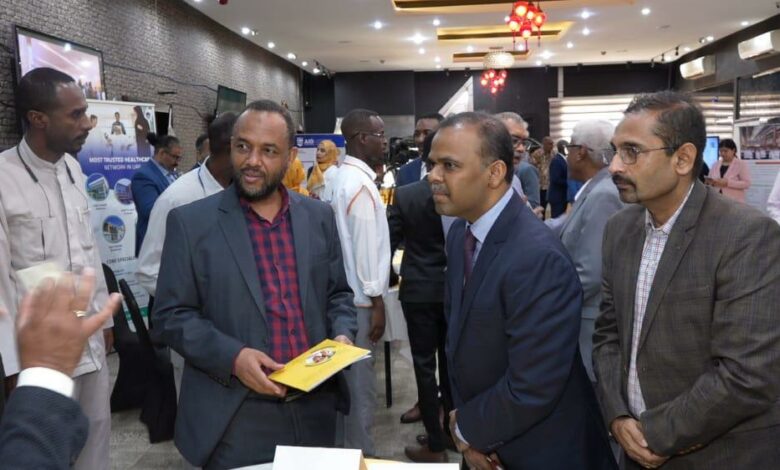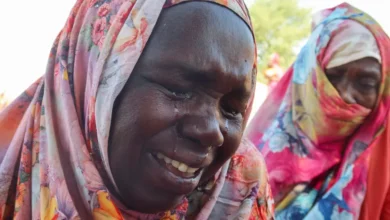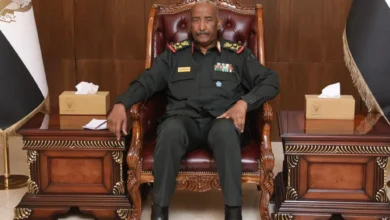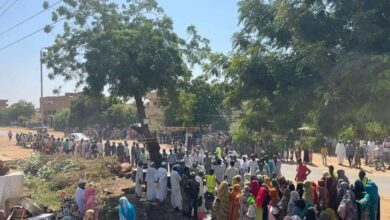Agreement between the Ministry of Health and the Embassy of India to develop the medical field in Sudan

The Ministry of Health and the Embassy of India in Khartoum have agreed to jointly coordinate the development of practical programmes to benefit from the Knowledge and Expertise Transfer Programme for the development of the country’s medical field, thereby contributing to the localization of treatment inside and the establishment of therapeutic and diagnostic health infrastructure and addressing the suffering of patients treated abroad with such partnerships.
This came during India’s workshop the preferred front of advanced medical care today at the Canon Hotel in Khartoum, in cooperation with prominent Indian hospitals, in the presence of the Minister of Health and the Ambassador of the State of India in Khartoum.
The meeting examined ways to ensure the participation of Indian hospitals in joint action and the establishment of medical hospitals inside. It addressed the needs of some health facilities and hospitals and carried out rare and accurate operations inside in coordination with relevant bodies such as medical nationalists by preparing lists of cases requiring such operations and Sudanese hospitals.
The Minister stressed that there is an urgent need to rehabilitate the country’s health infrastructure, with opportunities and opportunities for the private medical sector to establish and establish specialized hospitals, taking advantage of the capabilities and cognitive relationships of Sudanese doctors in India and their various entities. Haitham pledged that the Ministry will provide the necessary aid so that Sudanese citizens benefit from Indo-Sudanese relations.
He stressed that the suffering of patients receiving treatment abroad and the problems facing them are among the priorities of the Ministry through tight coordination in light of the high cost of treatment abroad, pointing out that the agreement includes the provision of medical services satisfactorily while lowering prices for Sudanese patients, providing free opportunities for poor people to treat India and continuing training
Sudanese cadres.
The Minister pointed out that the first liver transplant in the Sudan at Ibn Sina Hospital contributes to restoring citizens’ confidence in medical services in the country, conducting more training for various cadres in all disciplines and taking advantage of the oranges signed with the countries, including in the fields of training, focusing on internal training by attracting expertise and integrating services between hospitals before the real implementation of the localization of the treatment inside while improving the services provided. He pointed out that all this contributes to overcoming the difficulties for patients, upgrades services and reduces the cost of treatment abroad.





